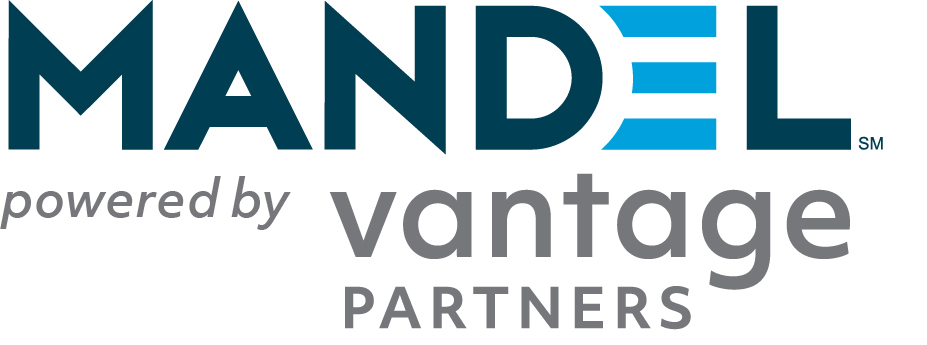How much of your company’s training is a waste of time and money?
Clients often ask, “What’s the best metric for measuring training effectiveness?”
It’s an important question, because it can be difficult to correlate communication skills training directly to cost savings or revenue increases — the kind of “hard” return on investment numbers that executives like to see.
But, there is one metric that does resonate with most executives.
Executives get the idea of waste.
Most executives understand the idea of waste — money and time invested that provides no business benefit. That’s why the idea of “scrap learning” is so important, and why Mandel’s low scrap learning rate is significant to our clients.
Traditional training evaluation methods don’t provide data about the likely business impact of training. Instead, typical metrics focus on the reactions of training participants to the following:
- Overall quality of course
- Quality of support materials
- Effectiveness of instructor
- Adequacy of facilities
But, traditional metrics like the ones above won’t help you build the strongest case possible for your learning investment.
Scrap learning stands out as a metric that can predict learning impact.
Scrap learning refers to the portion of training that you deliver, that your learners or trainees don’t immediately apply back on the job.
How do you measure your scrap rate? By asking trainees or learners to identify the specific skills and tools they applied (or didn’t apply) back on the job within six weeks of completing their training or education.
According to analysis by Corporate Executive Board (CEB) Metrics that Matter™, the average organization has a scrap learning rate of 45% — that represents a lot of wasted training time and dollars.*
Mandel takes scrap learning seriously.
In fact, we commissioned Knowledge Advisors (since acquired by Corporate Executive Board) to conduct an independent study of 2900 Mandel graduates to determine the scrap learning rate for our training programs.
The results? Mandel’s scrap learning rate is just 4%. In other words, 96% of learning content was reported to be immediately relevant and applicable back on the job.
But, you might be asking, “Does a low scrap rate necessarily mean better performance?”
A recent Training Industry Magazine article authored by CEB Metrics that Matter™ senior measurement consultant, John Mattox, II, Ph.D., reveals that a low scrap learning rate strongly correlates with increased job performance.**
Organizations that actively measure scrap learning see annual employee performance gains due to learning of 10%, as compared to 6% for those that don’t measure, according to “Confronting Scrap Learning,” a CEB Metrics that Matter™ publication.
And, the top quartile of organizations that measure scrap see gains that more than triple those of the typical organization.***
What’s the takeaway?
If you don’t already measure scrap learning, start as soon as possible. If you do measure it, begin to make immediate improvements based on your analysis.
And, when you’re trying to assess which learning and development partner or program will deliver the best return on your investment, mind the scrap. The lower the rate, the better.
To learn more about the results of the KnowledgeAdvisors (a CEB company) evaluation of Mandel’s programs, visit https://www.mandel.com/clients/results.
* CEB 2014 Training Effectiveness Dashboard.
**TrainingInustry.com Magazine, Spring 2015.
***Confronting Scrap Learning – How to Address the Pervasive Water in Talent Development. Metrics That Matter™ from CEB.







